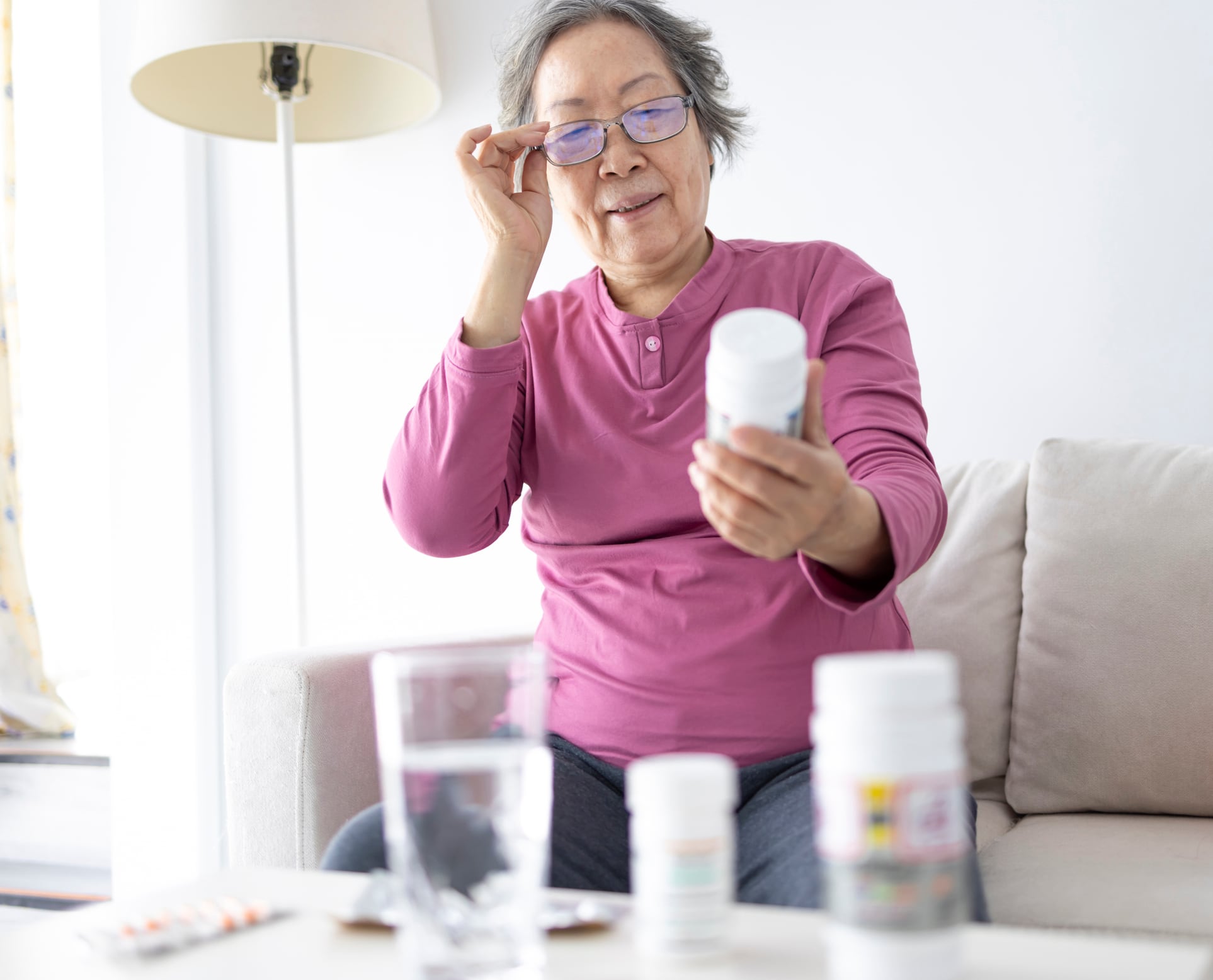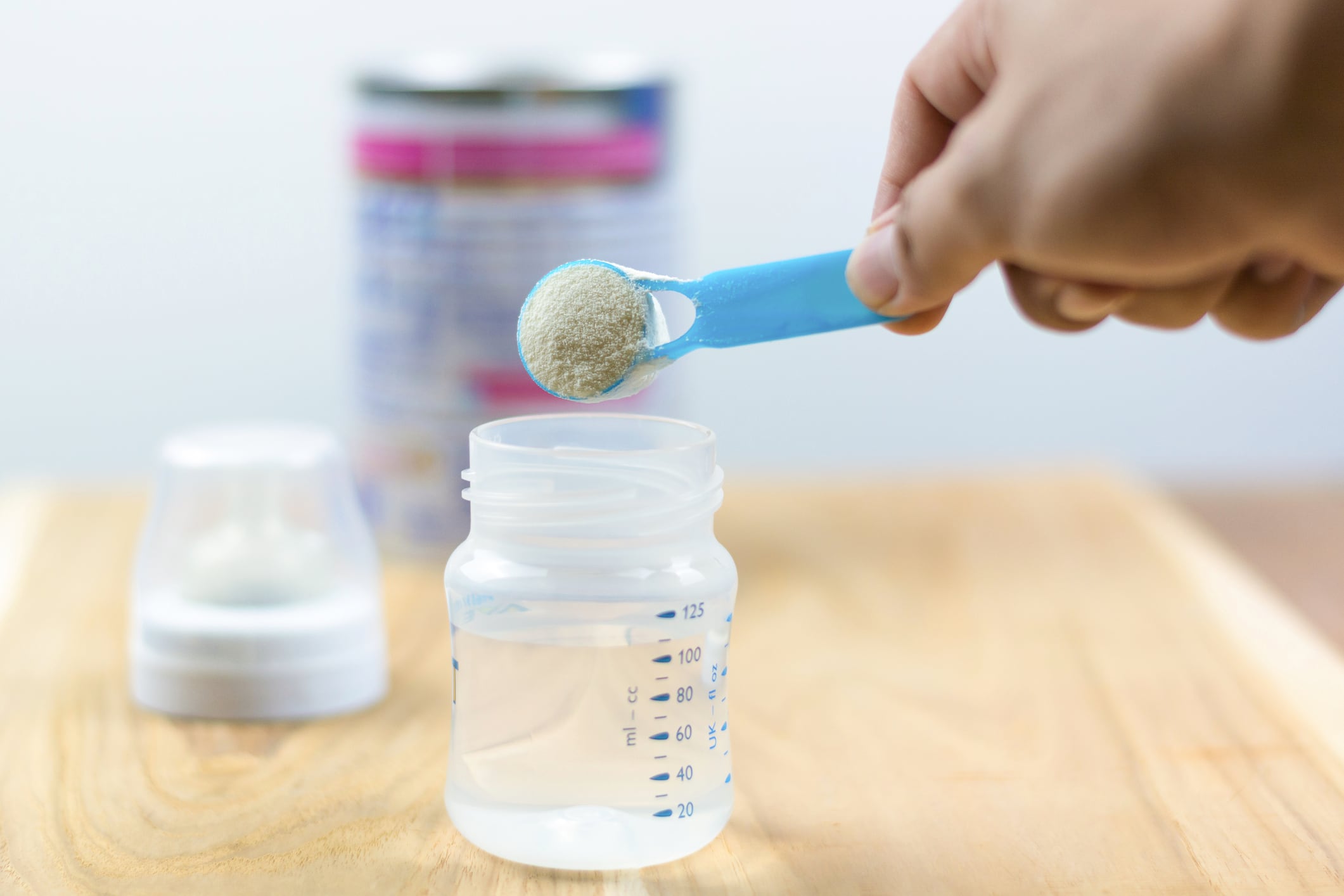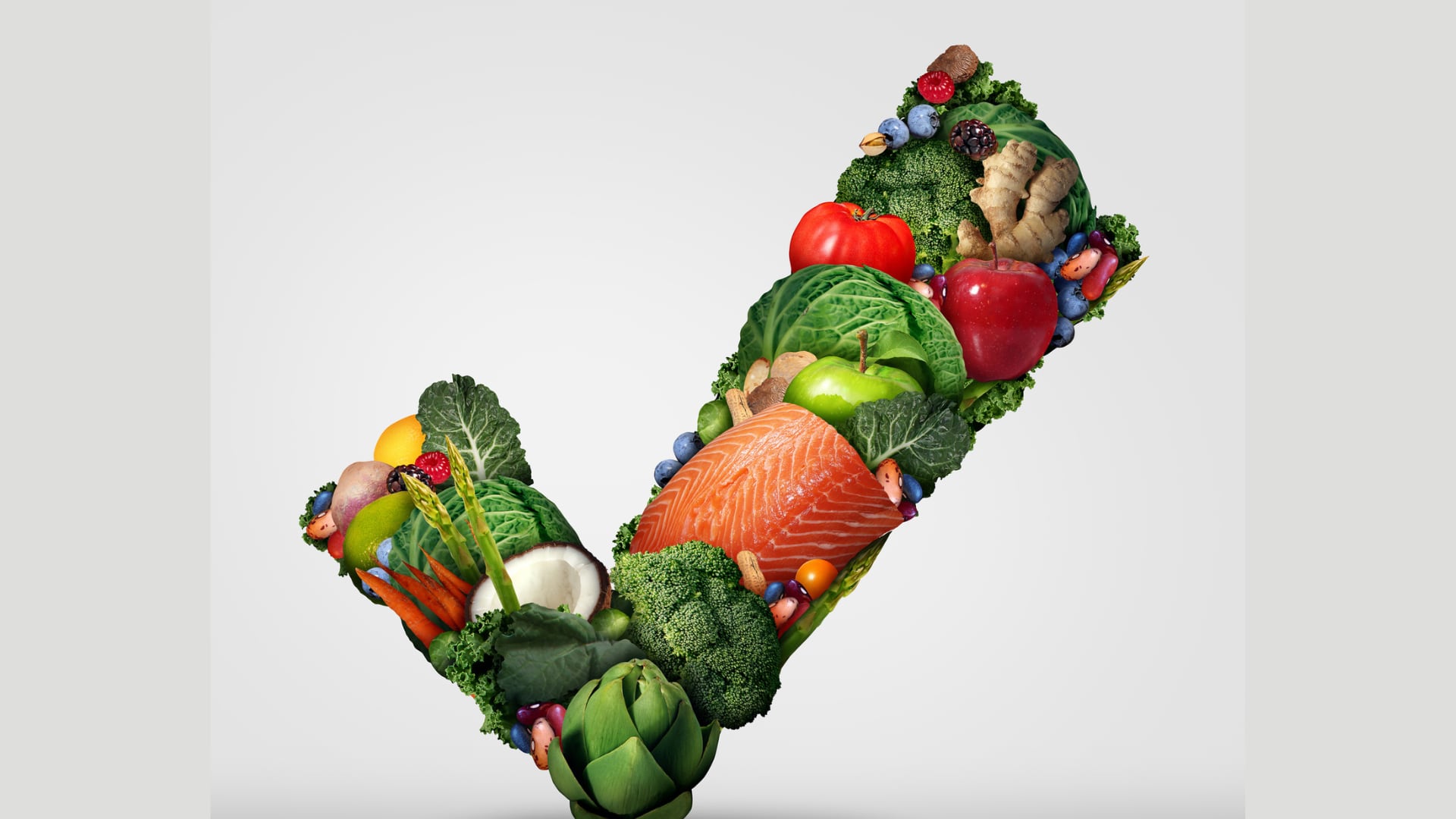Seniors have become the target of unscrupulous health foods marketing and purchasing health foods at exorbitant prices, said the SAMR.
Seniors aside, the rise of private domain (私域) marketing on WeChat has also enabled exaggerated and fake claims marketing to take place in more channels.
Since 2020, the SAMR said it has taken measures to crack down on illegitimate health products marketing.
To date, it has investigated on 6,304 cases, and imposed a penalty or fine of RMB$260m (US$36.5m).
“Next, the SAMR will continue to adopt a problem-oriented and goal-oriented approach, advancing our work against false advertising of drugs and ‘health products’ aimed at the elderly, continuously protect the legitimate rights and interests of the elderly consumer group, and focus on maintaining fair competition in the market.”
Yang Hongfeng, level I bureau rank official at SAMR’s Department of Supervision and Inspection and Anti-Unfair Competition, said the above during a press conference held on August 29.
Yang also outlined three prevalent problematic health products marketing tactics at the press conference.
Scamming becomes more concealed
First, there are now more illegal health products marketing seen online, fuelled by the rise of livestreaming e-commerce.
“With the development of livestreaming e-commerce and digital economy, some popular live streamers and bloggers have used their personal influence and the ability to bring in traffic, to conduct false marketing and have exaggerated the functions and efficacy of general products and health foods, so as to entice consumers to purchase these products, which is an infringement of consumers’ legal rights and interests,” said Yang.
Second, the ways in which illegal marketing take place have become more concealed.
With the rise of private domains, the marketing of health products has also turned from public to private, where some businessmen would make use of their personal WeChat, or their companies WeChat, or WeChat group chats and direct their target customers to their livestreaming sessions or WeChat mini programs.
From then on, they can start to market their products under the guise of health seminars, and entice these target consumers to purchase their products via fake, exaggerated health claims.
Third, there is a greater element of scamming involved in illegal health products marketing these days.
Some marketeers may make use of seniors’ desire for emotional companionship and health to gain their trust and market health products at an exorbitant prices to them.
“They may disguise as ‘health experts’ or ‘nutritionists’ and by showing consistent care and giving fake promises, they can win over the trust of seniors.
“From there on, they will start to market ‘health products’ at expensive prices. Some may even tap on ‘kinship discount’, free gifts, and charity consultation to trick these seniors into their trap,” said Yang.
He said that these marketing tactics have become more varied, could be found in different platforms, regions, and have become more difficult to discern from legitimate marketing activities, causing challenge to SAMR’s law enforcement.
The regulator has since advised the public to purchase health foods from legitimate online and offline channels, and exercise caution when purchasing from friends, WeChat groups, seminars, mini programs, telemarketing, livestreaming sessions, as well as keeping the purchase receipts or proof of sale.





